If you want a great cup of coffee, it helps to know who’s producing it and where.
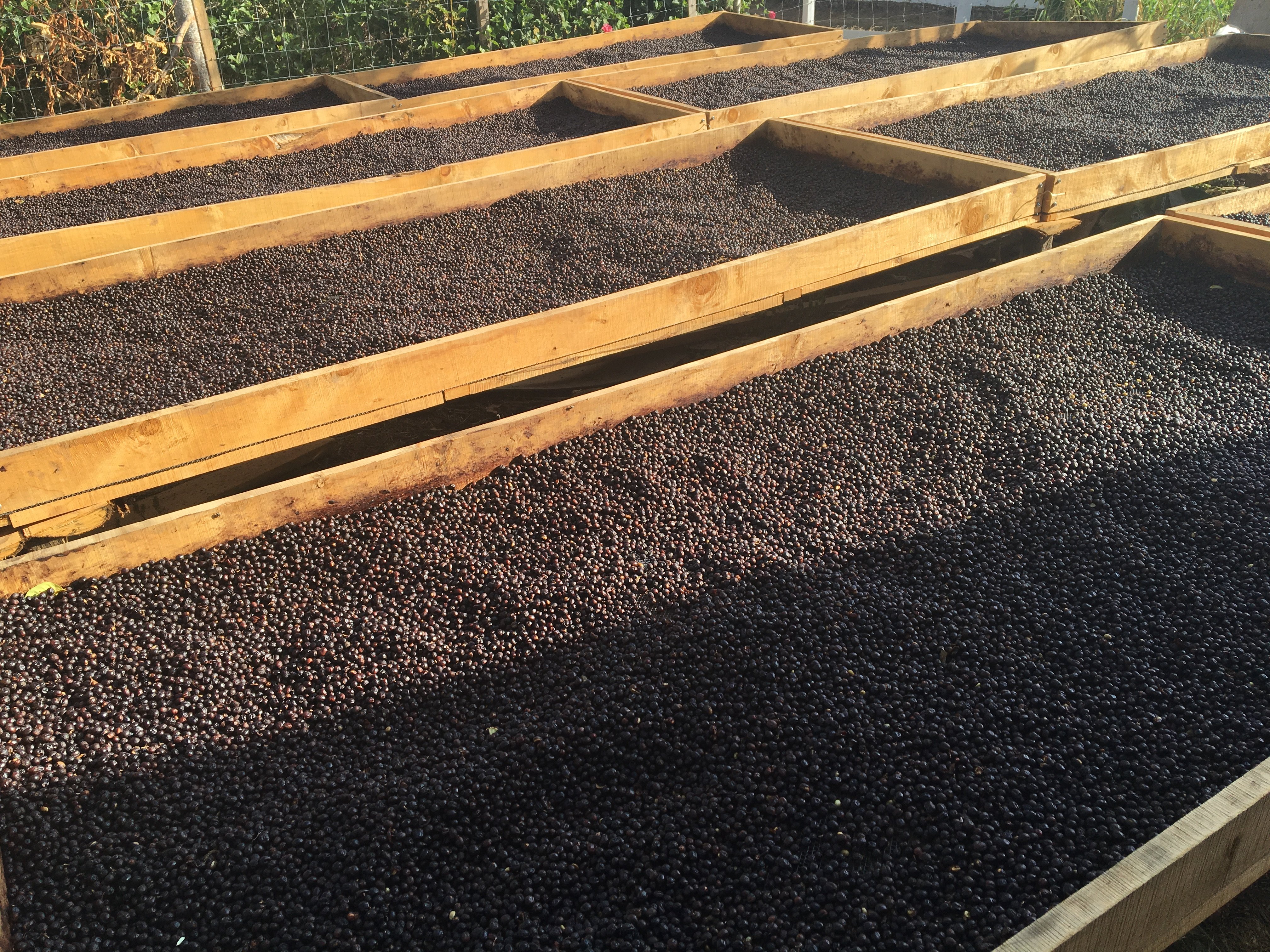
In my first installment of this series, I explained my position on Fairtrade certifications and labeling and briefly touched on my relationships with coffee farmers. I believe that direct-trade relationships with producers is not merely the best ethical approach to conducting business, but it can also be the best economic approach as well – not to mention, the most rewarding.
The best feedback I receive about my business philosophy involves my dedication to fostering personal relationships with farmers. People enjoy seeing and feeling a connection to those who produce their consumer products, particularly when those producers are in far-away lands. Even though Central America isn’t that far from my home state of Florida, it’s certainly not as close as the local coffee shops and grocery stores. Being able to show customers where the farmers live and work – and having personal photos and videos readily available for them to watch – is quite beneficial when it’s time to sell the coffee. It’s frequently a deciding factor when a potential customer is on the fence about a purchase. I reach into my pocket, pull out my phone, show them a quick video, and before I know it, they’re walking off with a couple of bags of gourmet beans.
I don’t mention this to brag. I just find it fascinating how powerful something so simple can be regarding the consumer’s psyche. I want them to feel that connection because I feel it myself – and it’s a great feeling to have.
Establishing direct-trade relationships is what intrigued me to begin this pursuit in the first place. I’ve always had a habit of seeking economy, efficiency, and loyalty, so I figured that direct relationships in business could be the culmination of all three behaviors. It is loyalty that allows me to gain the trust of farmers who typically do not engage in direct-trade. Economy, or frugality, made me conscious of both the risk that the farmers were taking by trading with me and the potential rewards that all of us could gain by taking that risk. My constant desire for efficiency in my work is what drives me to find the best available solutions with the greatest benefit to both my producers and me.
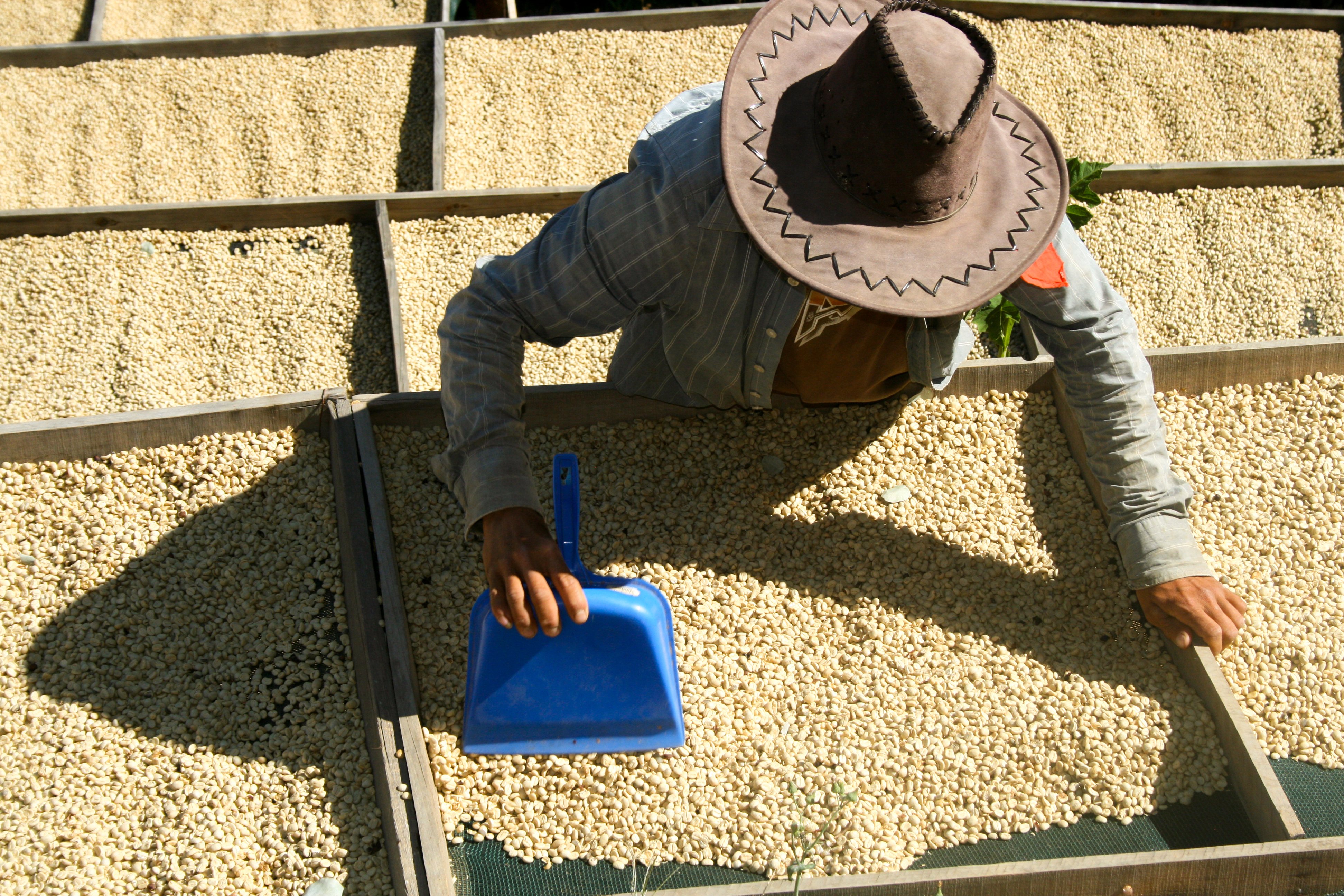
Only by working with these farmers directly could I know for myself and assert to my customers that the farmers were indeed benefiting by trading with me. But why is this important? Why couldn’t I simply purchase coffee from a reputable importer? Why go through all of the trouble in an industry and for a customer base that largely doesn’t notice or care? I sometimes find myself asking these questions.
The truth is, I could buy my coffee like 99% of the coffee companies out there and not have any disadvantage among my competitors. It would definitely require less time and labor. I would even save some money by not traveling to Central America (and torching rental cars in the process) and I would certainly be able to avoid the headache of dealing with any issues on the supply end that’s 1500 miles away. So, why do I do it?
The answer is simple.
I enjoy it.
I value the relationships that I have made and that I will make. I know that I can make a difference in the lives of the farmers, their families, and their communities. I know that, by building a successful company, I can help to enrich the lives of those in the producing regions. I also know that I can offer a level of transparency that is largely absent in today’s business culture and that I can demonstrate to my customers and the world what is possible through voluntary trade and shared personal goals.
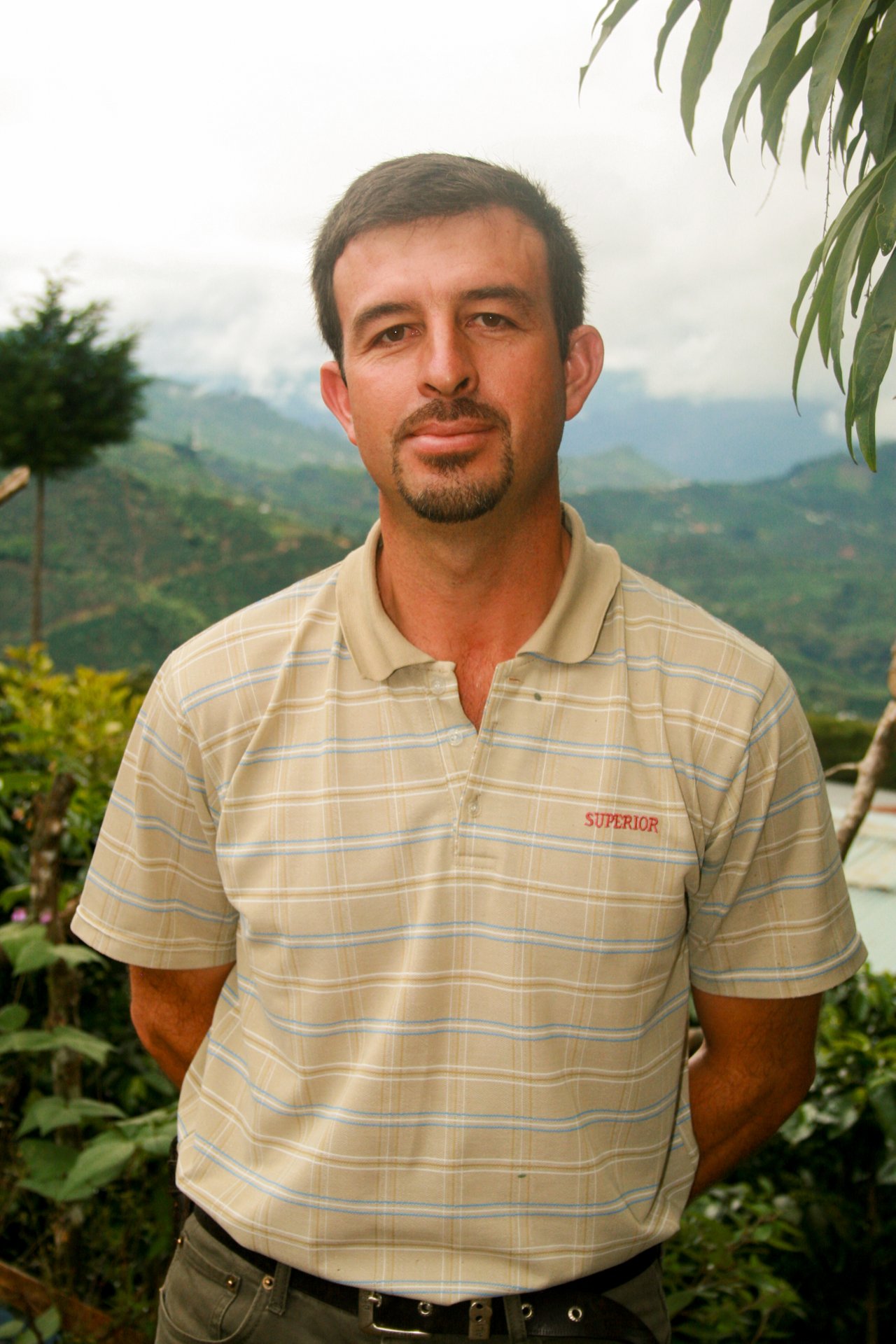
Buying and selling coffee isn’t what I do. That was never my intention. I’m in the business of cultivating relationships – between farmers and myself, and between myself and my customers. My currency in these trading relationships is integrity and transparency. Without them, I can’t trade – and my business is worthless.
Being open and honest is the better choice.
If the source of your coffee is shrouded in mystery and obscurity, you may want to dig a little deeper or simply find a new brand. Discovering who the producers are and where it is produced shouldn’t be a laborious process for consumers. Even if a company doesn’t directly trade with the farmers themselves, they should at least know their supply chain. Asking some rather simple questions will help you decide: Should I stay or should I go?
My goal has always been to show the origins of my products and the farmers who produce them. I’m proud of these people and I enjoy the beautiful landscapes. I currently work with farmers in different regions of Costa Rica, but the coffee is produced in one of the best growing regions in the world: Tarrazú.
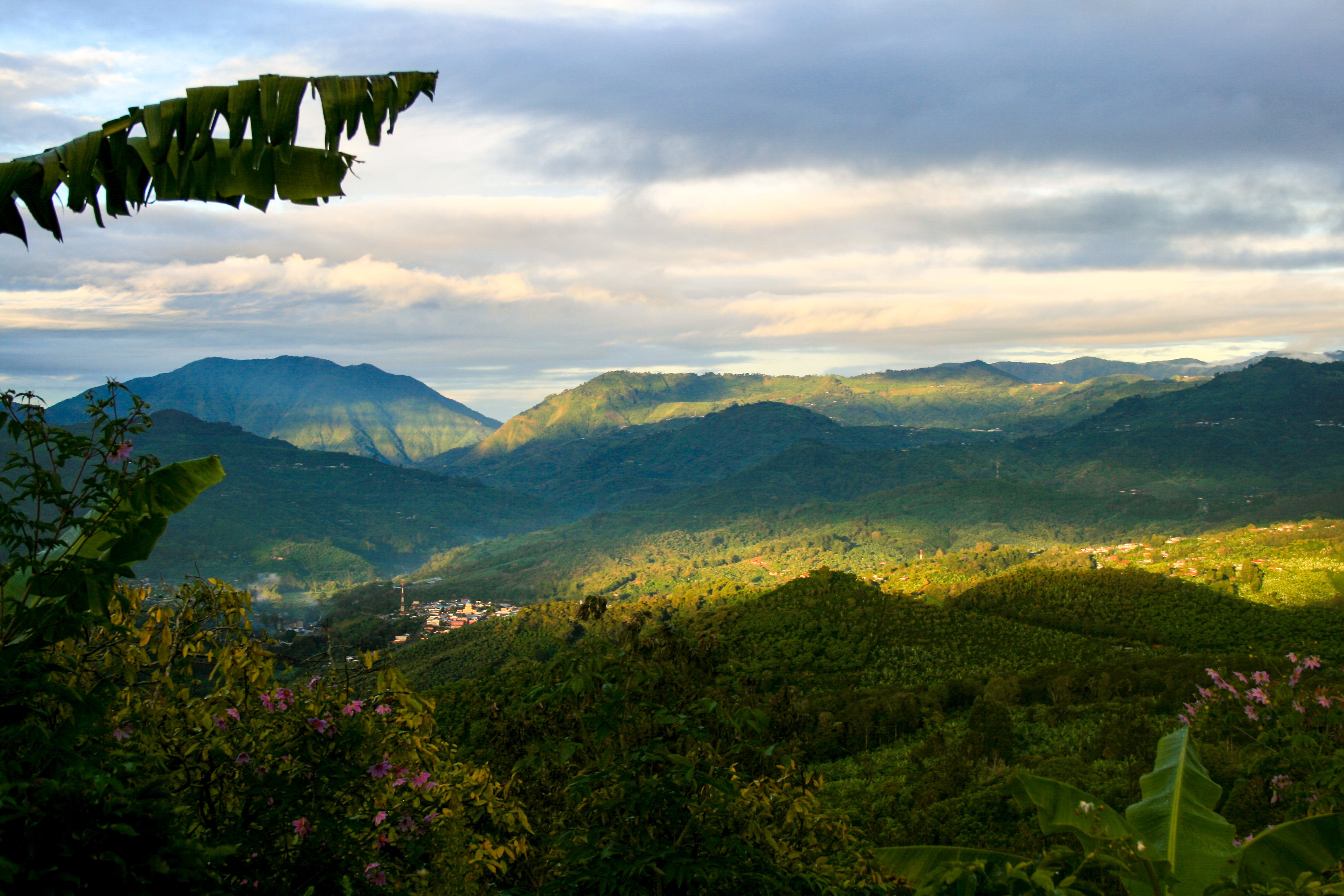
The Tarrazú region overall has rich soil and a perfect climate for growing exceptional coffee. On the western side of this area there is a smaller sub-region of Tarrazú called Llano Bonito (pronounced yah-no bo-knee-toe). This sub-region of Llano Bonito is where my relationships have blossomed.
The farmers that live here are a proud but humble people. They have a rich tradition of growing coffee and they continually improve their craft in order to tackle some potentially serious issues, such as plant diseases, crop-destroying pests, and even a shifting climate that can potentially exacerbate both. The farming community of Costa Rica in general has been steadily moving towards better sustainability, which can also help with maximizing their potential profits by increasing efficiency and reducing waste – something that the farmers take very seriously. They’re conscious of their environment and, as farmers, they are careful custodians of it.
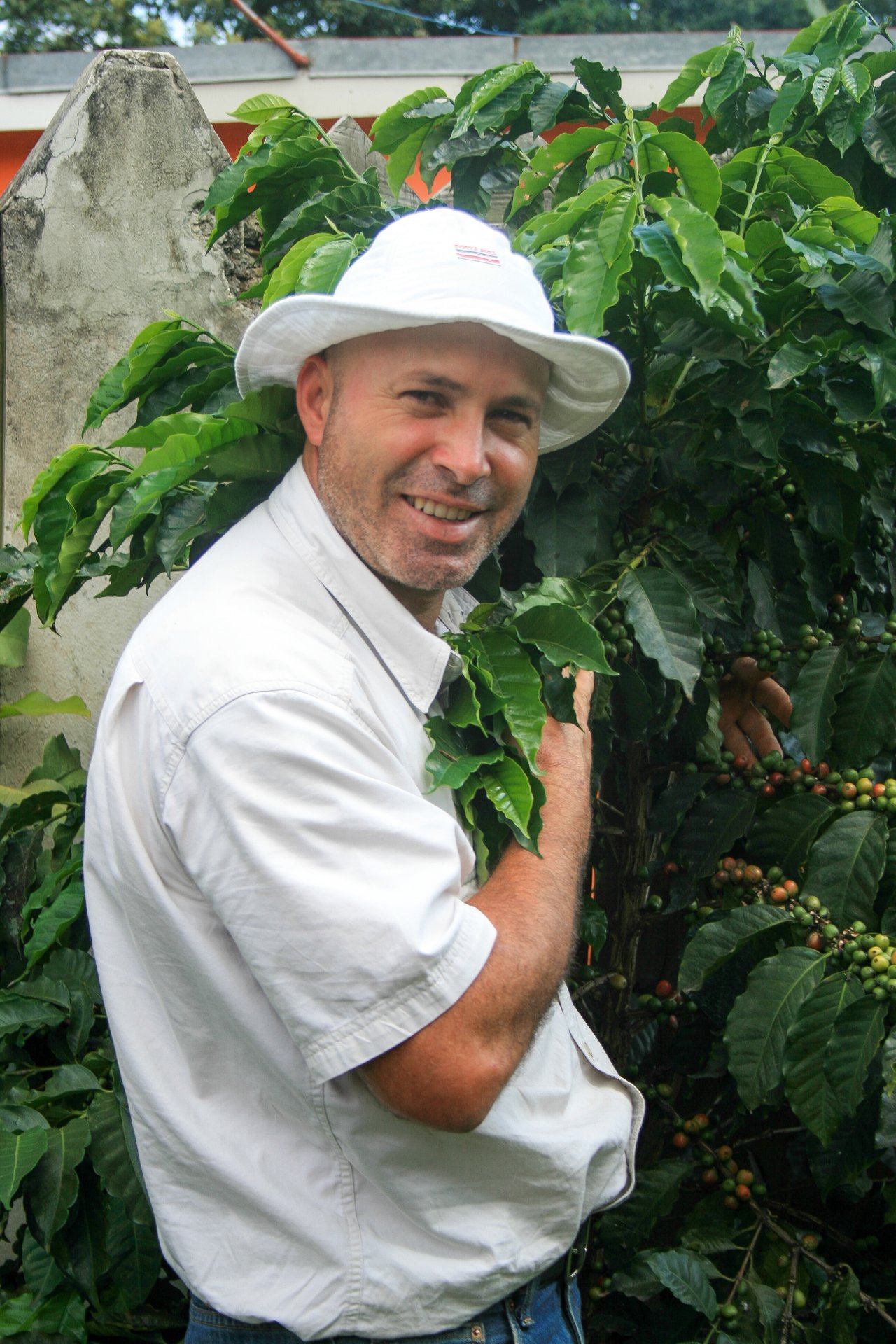
I could not have expected to work with better people. Their hospitality, as well as their expertise and passion for what they do, is second-to-none. That general love of life and the overall quality of their character motivates me to accomplish the goals that I have set for my business so that I can return to them what they have so far given to me. Sharing all of this with my audience – whether customers or not – is the best I can do to give them the attention that they undoubtedly deserve.
The farmers are only one aspect of the coffee quality equation, but they’re definitely one of the most important. In conjunction with the location, climate, terrain, farming practices, and the variety of plants used, a more complete picture of what it takes to craft an excellent cup will come into view. In the next installment of this series, we’ll dive deeper into those topics so that you’ll have even more information to help you make your coffee great again!
The first installment of this series, in case you missed it: Make Your Coffee Great Again!
